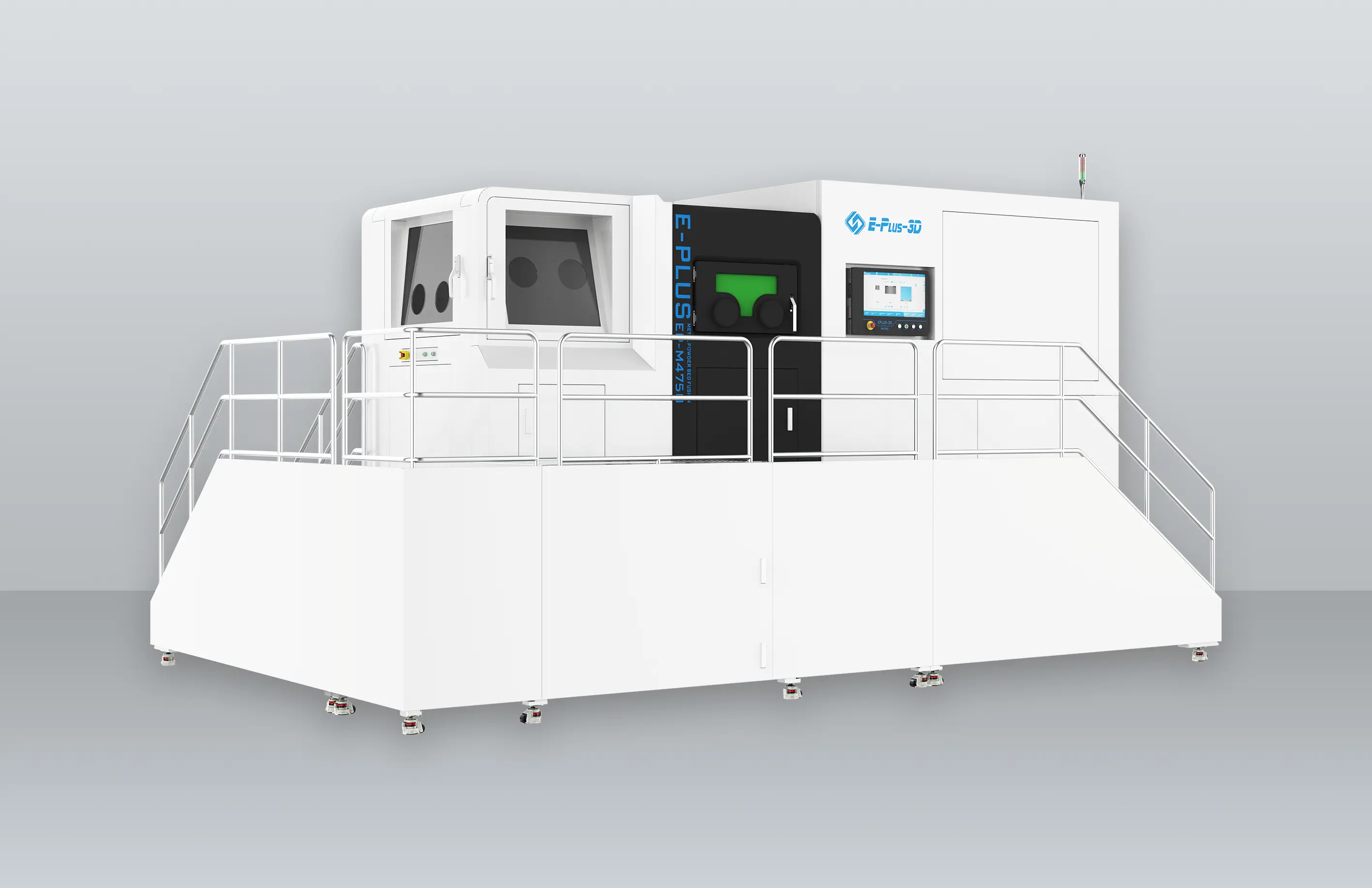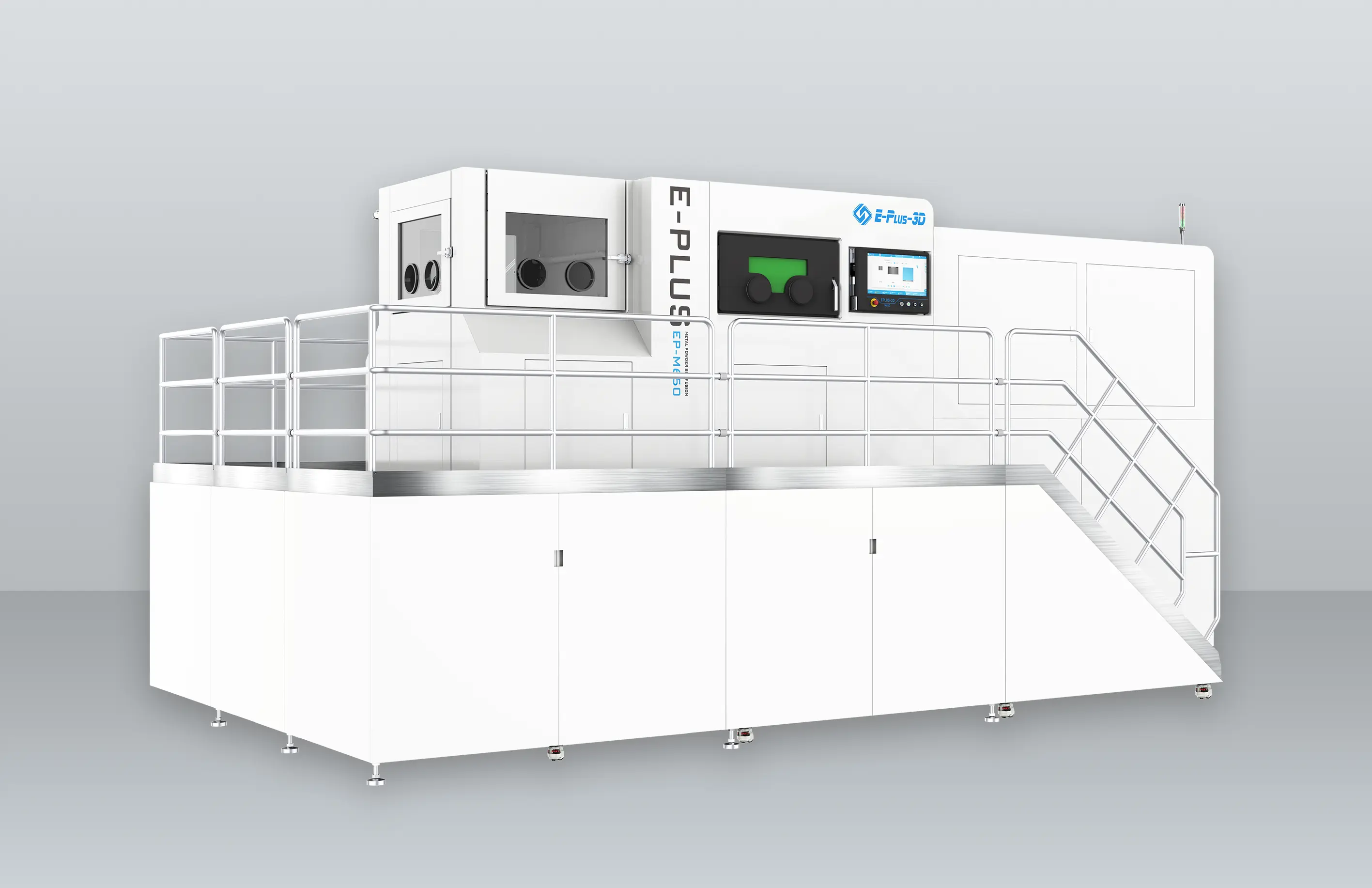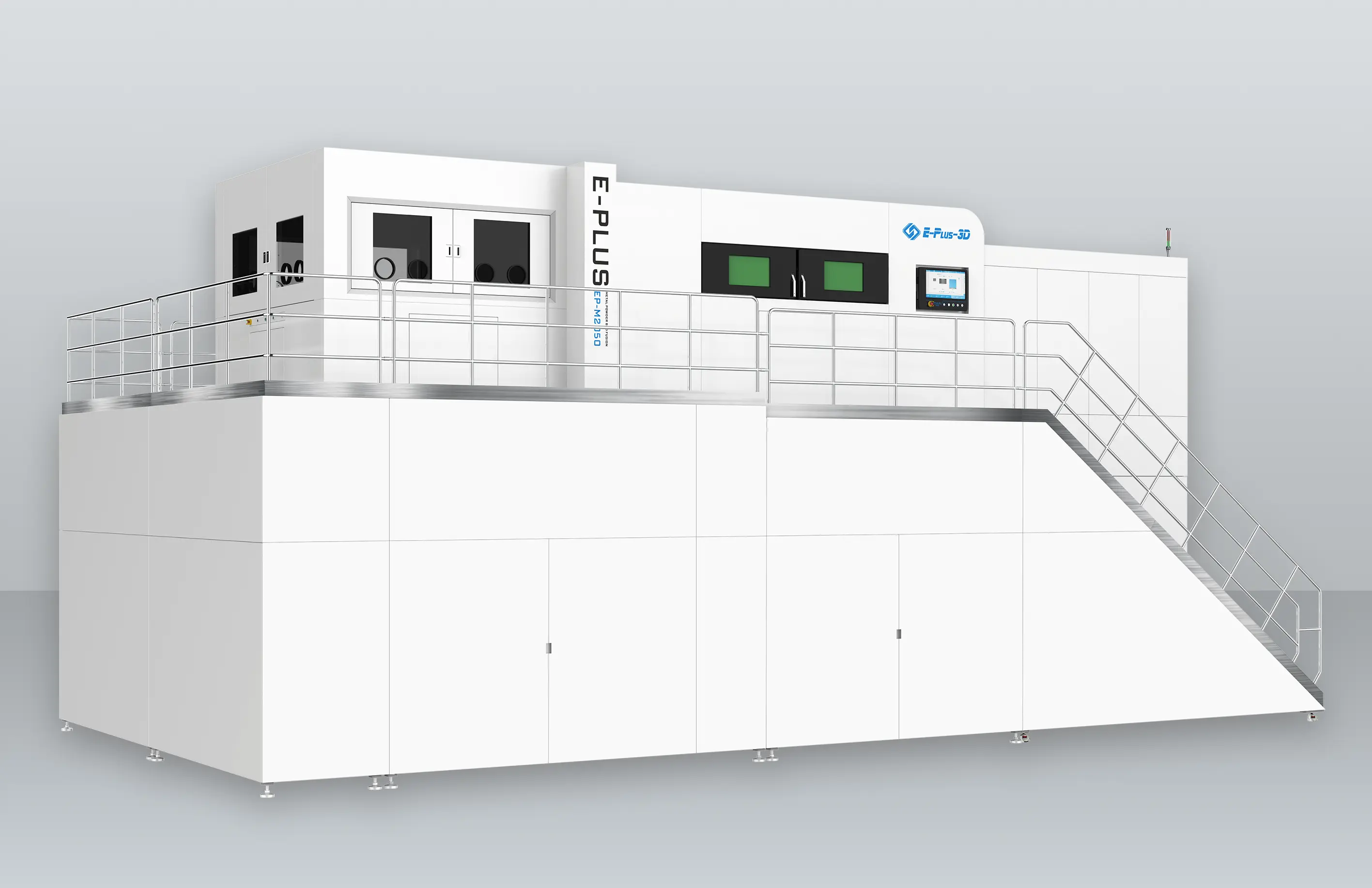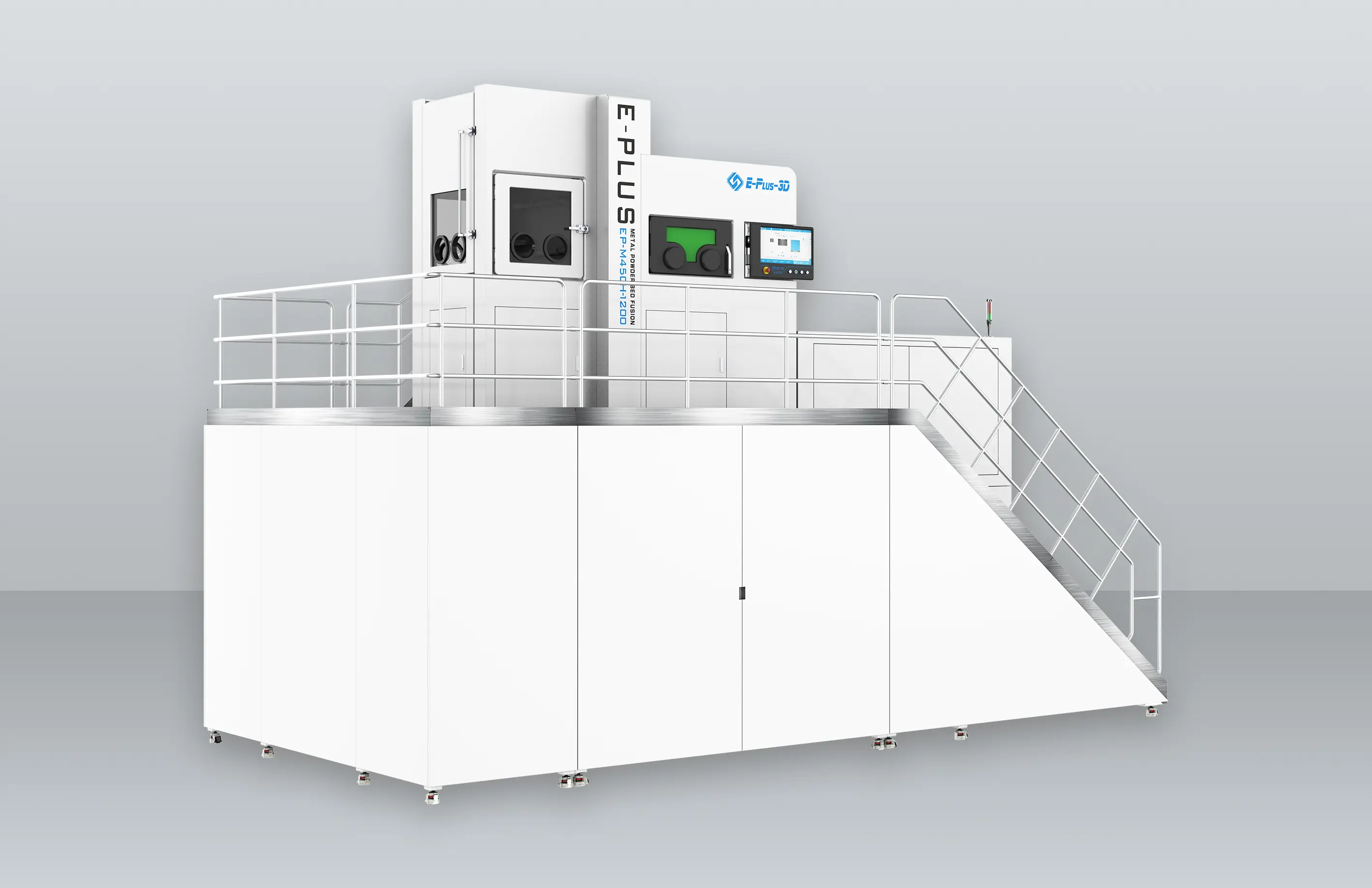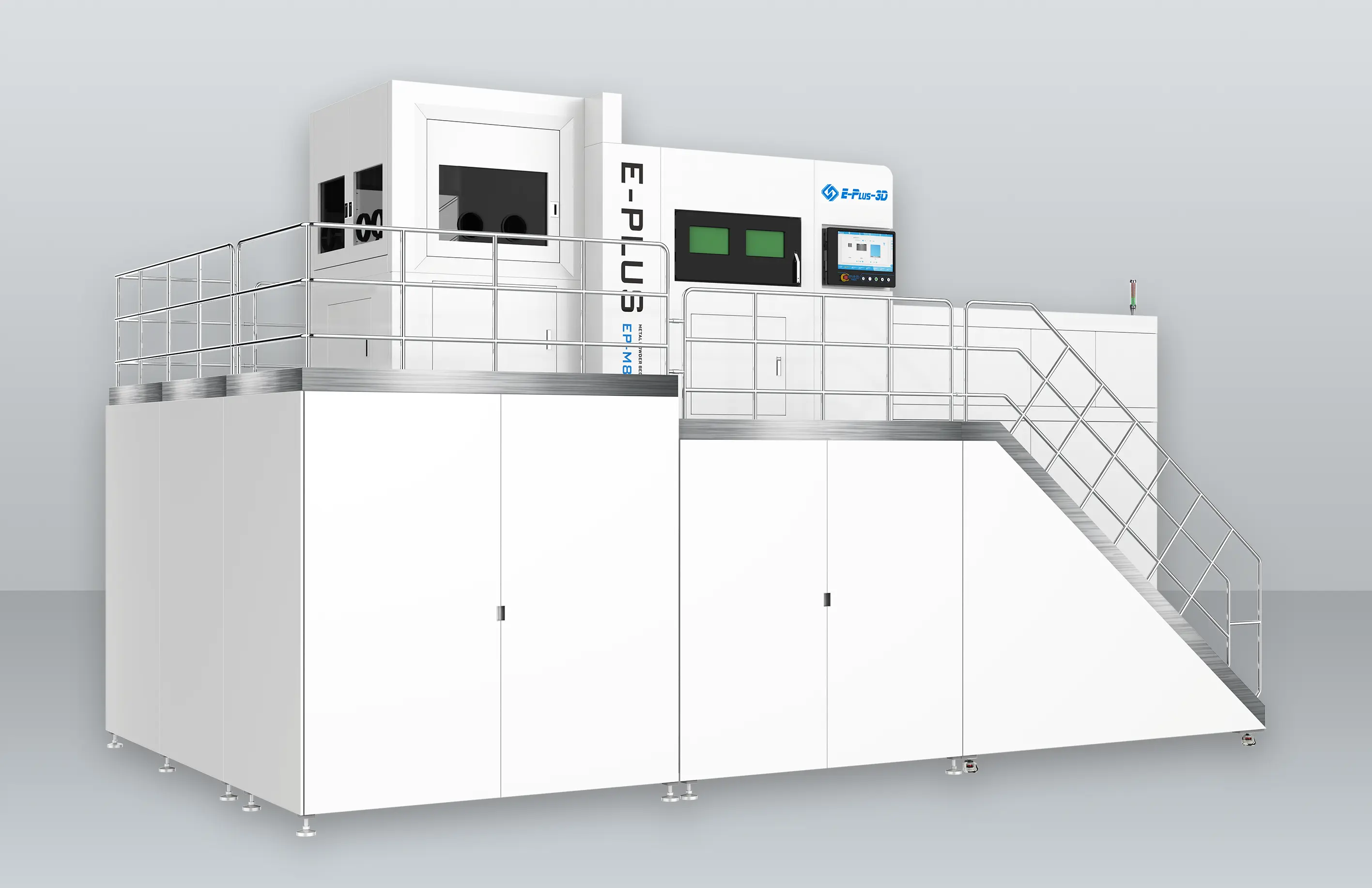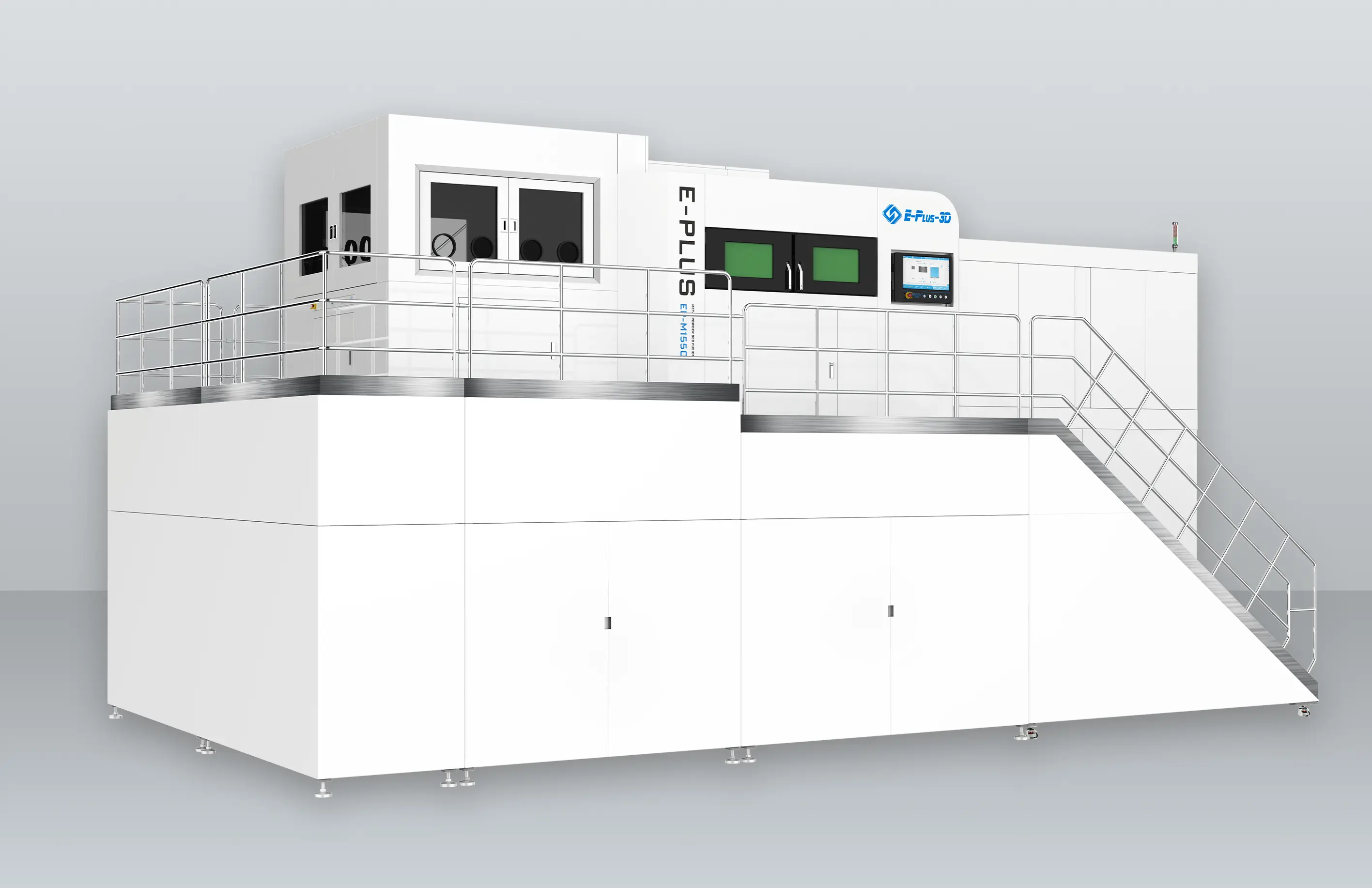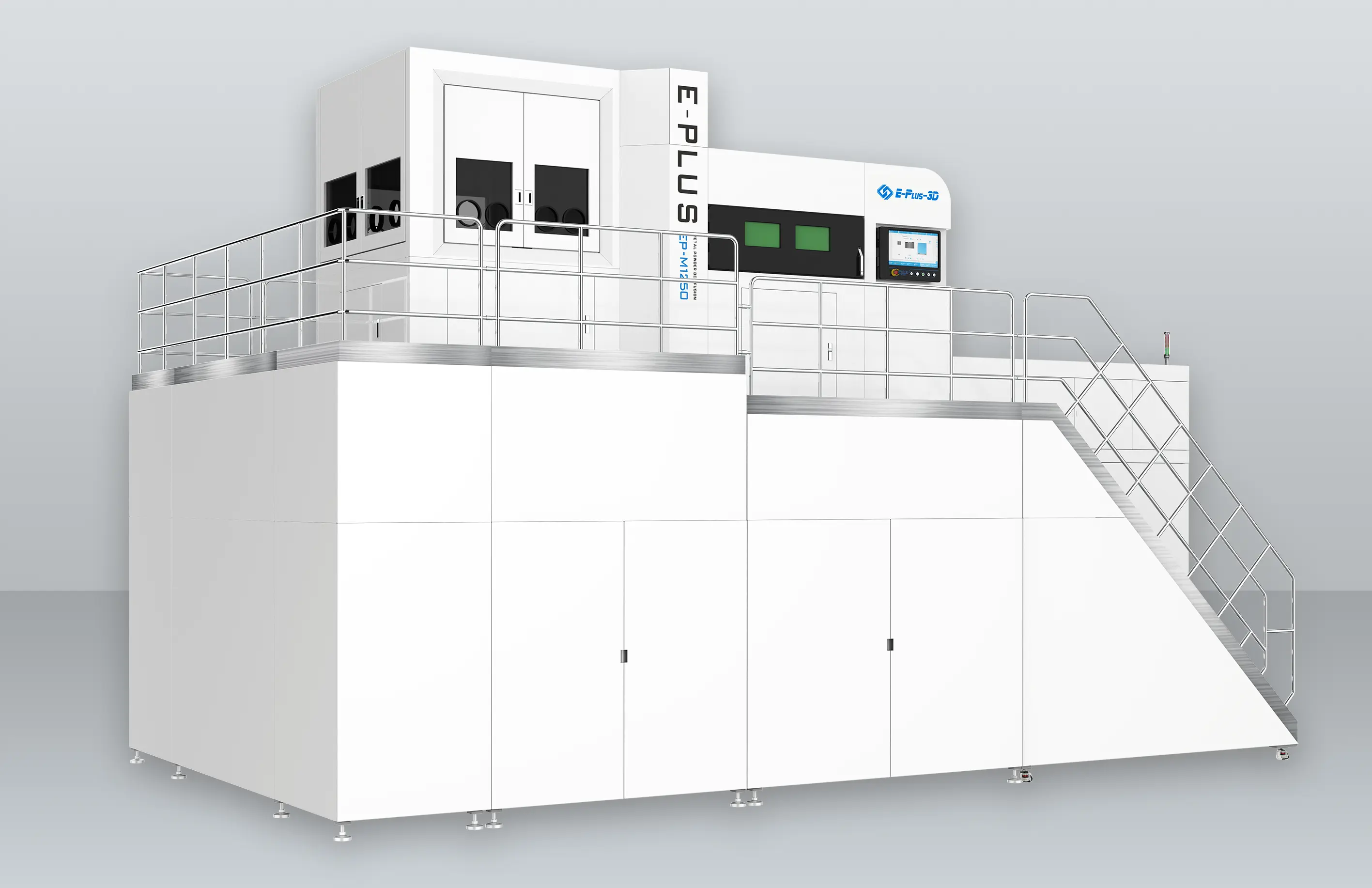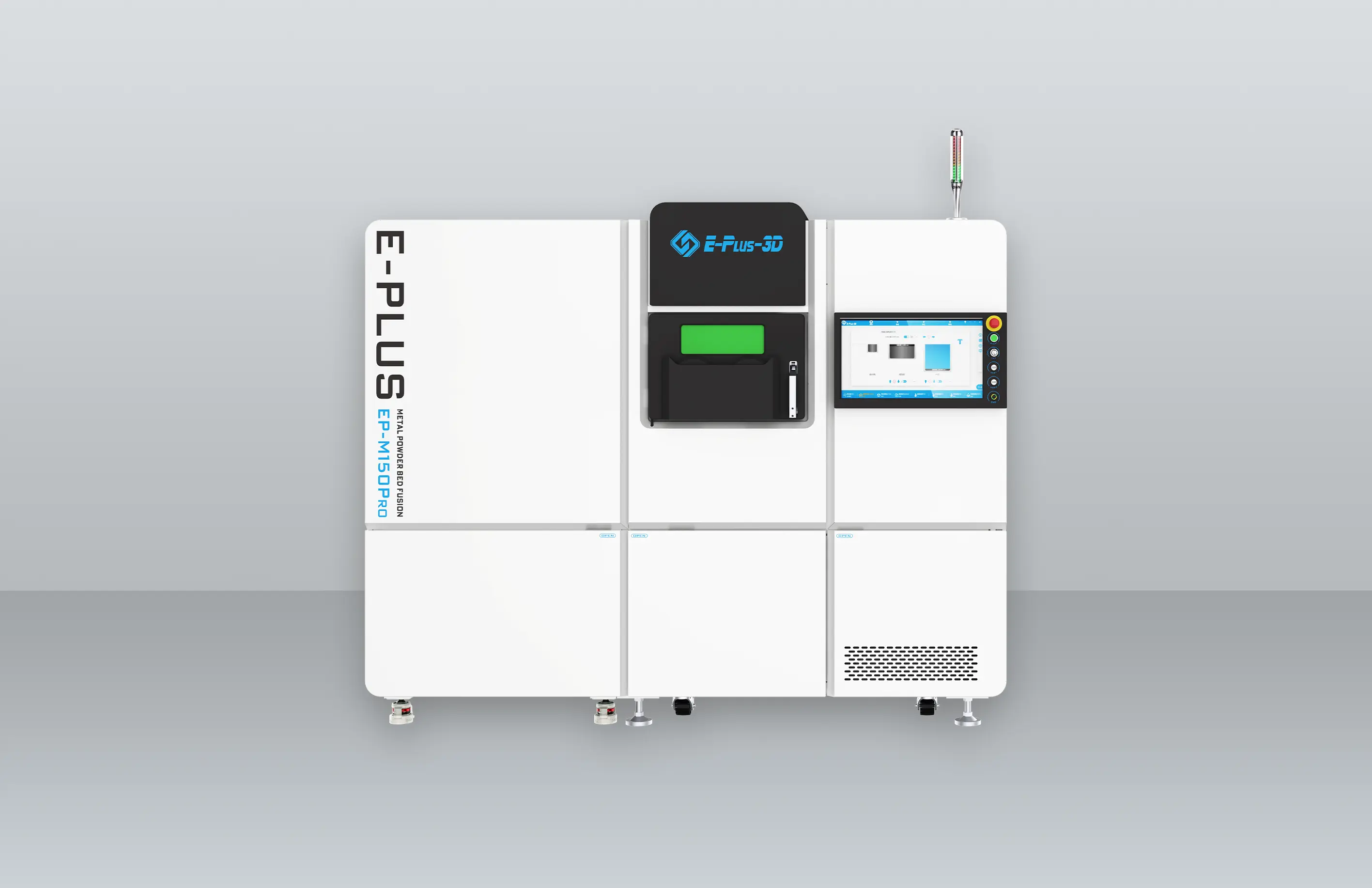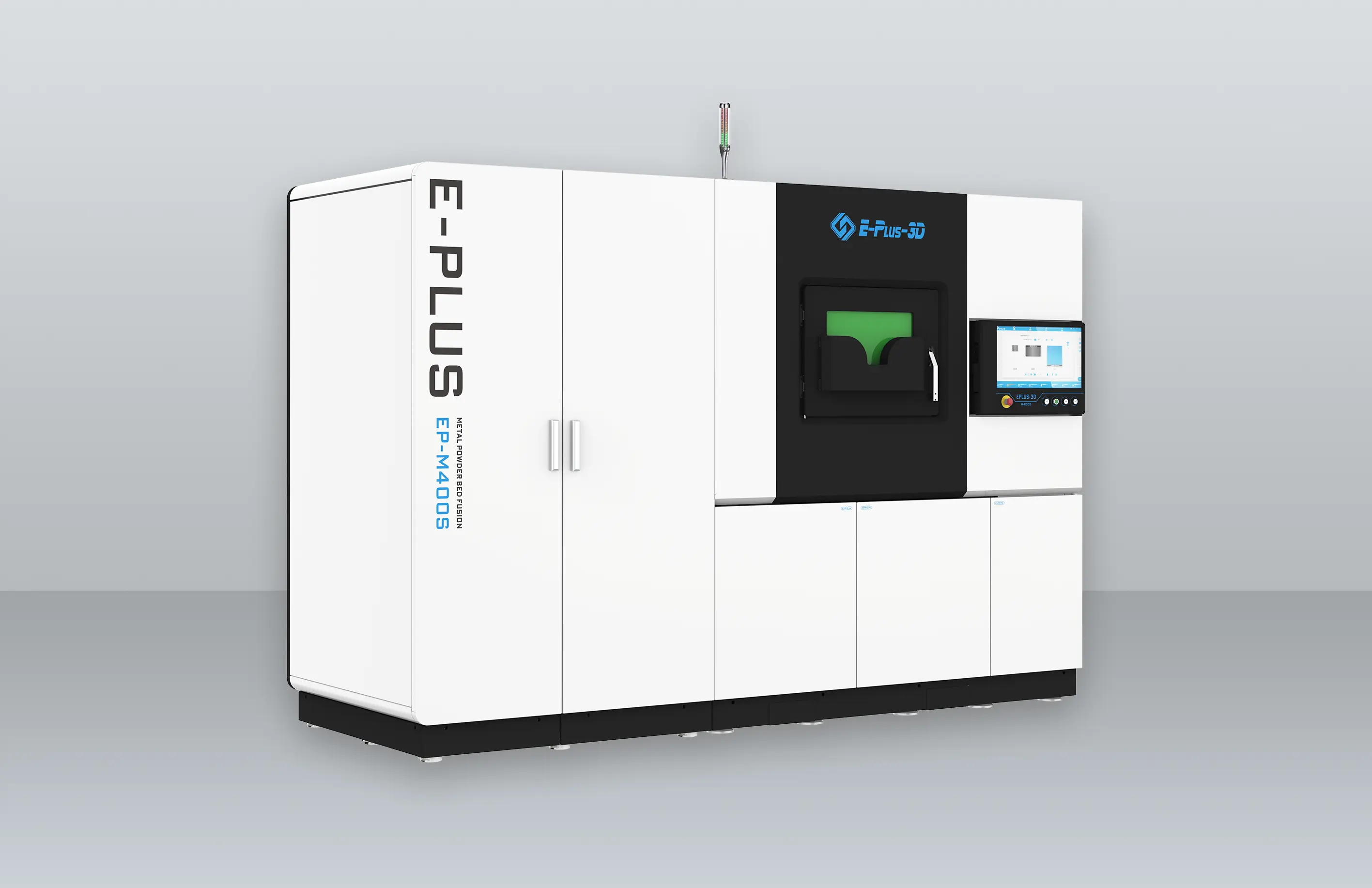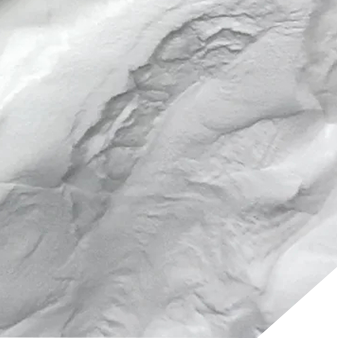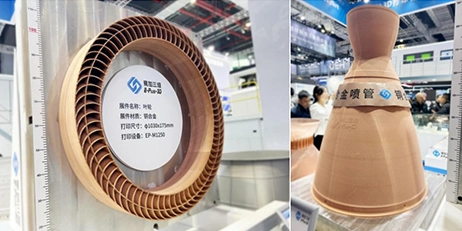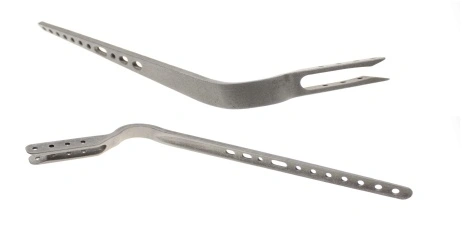Eplus3D's PA11 3D Printing Machines, encompassing the EP-P420 SLS nylon printer, EP-C5050 wax 3D printer, and EP-C7250 sand 3D printer, offer a versatile spectrum of additive manufacturing solutions. The utilization of PA12, a premium polyamide powder, in their printing materials is a testament to Eplus3D's commitment to innovative and high-performance 3D printing capabilities. Renowned for its exceptional properties, PA12 exhibits waterproof characteristics, as well as remarkable resistance to various chemicals, including alcohol, fuels, detergents, and oil. This makes it an optimal choice for applications requiring durability and resilience in challenging environments.
Furthermore, the PA12 material's capacity for high-temperature use significantly expands the scope of potential applications, catering to industries such as aerospace, automotive, and industrial manufacturing. Eplus3D's EP-P420 SLS nylon printer harnesses the unique properties of PA12 to produce precise and durable nylon parts, while the EP-C5050 wax 3D printer excels in creating intricate wax models for jewelry and dental applications. The EP-C7250 sand 3D printer further extends the versatility of PA12 by offering high-precision sand molds and cores for foundry and casting applications. Collectively, Eplus3D's PA11 3D Printing Machines, leveraging the exceptional PA12 material, underscore their commitment to delivering cutting-edge additive manufacturing solutions across diverse industries.





